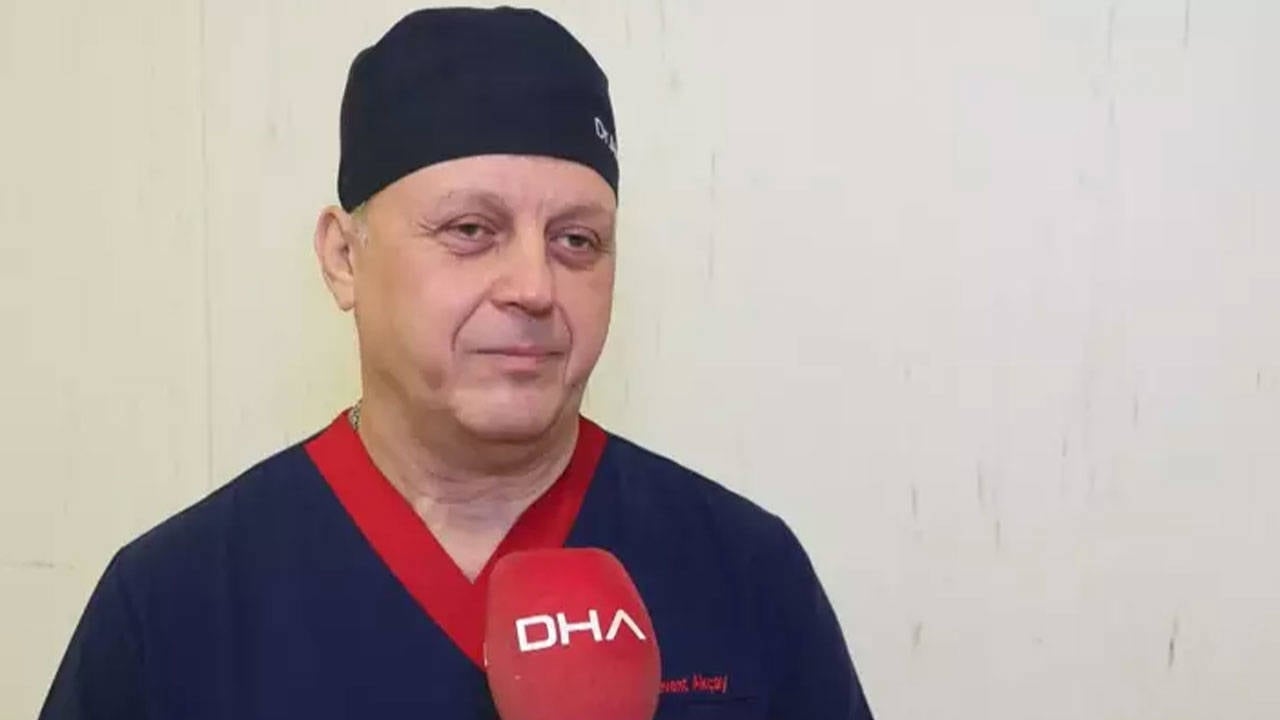Artificial intelligence has reduced the risk and shortened the duration of heart surgeries.

Prof. Dr. Kervan said that as scientists, they follow every stage of technology in the field of medicine.
Kervan emphasized that the most important point is using technology for the right treatments for the patient. He said, "Our primary goal is to avoid harming the patient and to ensure that our patients regain their health, discharge them, and return home safely. Toward this goal, we are building upon what we learned from our elders and mentors. Today, we use technology, artificial intelligence technology devices, and related software. We use these tools, especially in imaging methods. Years ago, when we were performing surgeries involving the main artery coming from our heart, we couldn't evaluate these procedures beforehand; we had to evaluate them during the surgery and make our decisions accordingly."
Kervan emphasized that they can prepare for surgeries days in advance with artificial intelligence and that they can evaluate the surgical area very well before the operation.
"Previously, we had to decide everything during surgery."Kervan explained that they can prepare for surgeries very well by performing three-dimensional imaging, and continued:
We're working on those imaging scans. We no longer decide where to operate, which side to operate on, which technique to use during surgery. Previously, we had to decide everything during surgery. Artificial intelligence has made our job easier. Our surgeries used to take one day; now, they're shorter. Because of the shorter time, our complications have decreased. With fewer complications, our patients require less hospitalization. We discharge our patients easily and can now monitor them from home. With new software and apps installed on smartphones, we can provide their treatment from home.
Imaging methods have advanced significantly in Türkiye, especially in the last few years. We utilize the same imaging methods used worldwide. With these imaging methods, we can provide patients with advance information about procedures we will perform on the heart and its main arteries, and we can tell them which surgery will be performed and with which technique. We use technology, and our results are better thanks to this technology.
Prof. Dr. Ümit Kervan stated that artificial intelligence technology enables them to focus on lesions that cannot be seen with the naked eye, thus reducing the risk of oversight and allowing them to make clearer decisions.
"We have started to be in a health system that produces as well as consumes."Kervan stated that engineers and healthcare professionals are now working together in the development of software for healthcare in Türkiye, saying, "As scientists, we are now part of a healthcare system that not only consumes but also produces. In the future, you will see that we will be able to use software and devices developed by Turkish scientists, physicians, and engineers. We have developed methods that allow us to monitor patients remotely, predict and detect complications before they come to us, and treat them on-site. These are methods we developed entirely in collaboration with our own engineers and physicians. We are now monitoring the treatment of not only patients in Turkey but also patients abroad using the software we have developed here."
Kervan noted that they have developed methods to monitor patients remotely, thus reducing the hospital burden.
Kervan noted that some patients previously skipped their medications and took blood thinners incompletely, leading to blocked heart valves or bleeding due to excessive use. He continued, "We've now developed methods to monitor our patients remotely, even from home. We use these in our daily lives. This way, after surgery, our patients receive their treatments at home, send us their results, and we can plan their treatment based on those results."
TRT Haber





